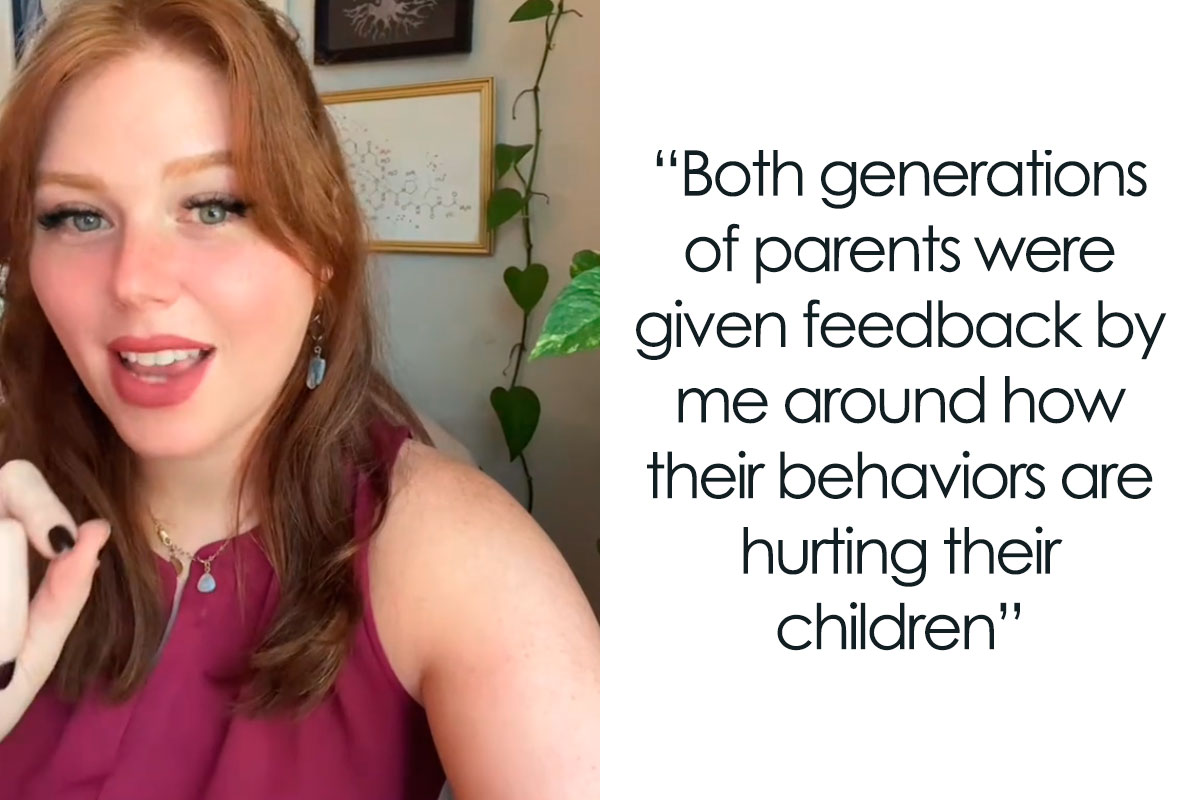
Therapist Explains How Millennial And Boomer Parents Hurt Their Children In Different Ways
When you become a parent, all of your priorities shift. The most important thing in the world is now taking care of your little ones and making sure that you give them the best life possible. But the planet is constantly changing, and as you try to juggle all of the new technology we have available and your kids grow older, you might realize that there were a few things you could have done differently.
Whether your kids are 3 months old or 30, it’s never too late to get some parenting advice, so attachment therapist Stephanie Lindeman has recently been sharing TikToks detailing how boomers and millennials can better be there for their kids. Below, you’ll find some of her thoughts, as well as some of the reactions invested viewers have shared.
Attachment therapist Stephanie Lindeman has been calling out some of the most common parenting pitfalls millennials and boomers fall into
Image credits: stephanne221
When it comes to millennials, Stephanie says phones can easily create issues
“Here’s how millennials are gonna [mess] up their kids. As an attachment therapist, the consensus in our community is that it’s gonna be through phones, and I’m gonna show you how phones are gonna [mess] things up.”
Image credits: stephanne221
“I’ll just show you what is called the “still-face” experiment. And, full disclosure, it pulls on your heartstrings to watch it. Okay, so what you’re gonna see here is a mom engaging with her baby who’s a little under one year old. Because the baby is nonverbal, it’s critical that mom is paying attention and using attunement to sync up and communicate and signal with her baby.”
Image credits: stephanne221
“You’re gonna see the baby point and mom follows. And by mom following, she’s signaling to the baby, “I am with you.” You can see mom and daughter are really connected and in sync here, which is so important because remember, babies can’t self-regulate until around age two. They are completely dependent on mom’s nervous system.”
Image credits: stephanne221
“So now what’s happening is the experimenters have asked the mother to keep her face still so that mom is not actively attuning to the baby and not empathically responding to her baby. Get this, what this is to the baby is signals of rejection. The baby is making bids to get mom’s attention, mom’s affection, mom’s engagement, and she’s getting rejected. Everything she is trying to do to get mom’s attention – she’s trying to point, she’s making squeals, and everything she’s doing is getting rejected by her mom. And that rejection is distressing. You see, she starts to dysregulate, and she physically loses control of her body. And she tries to squirm her way out of that chair, because the pain of disconnecting from mom and not being able to co-regulate with her is so intense.”
Image credits: stephanne221
“And that was what, like a two-minute clip in the experiment? Now imagine that mom is… her face is still and yet she’s holding a phone. Baby is right there, trying to get bids for mom’s connection and attunement and co-regulation, and mom is not giving it. If you are not giving your children that attunement, that empathic connection, then they’re gonna go get it from someone else. You have control over this. Who do you want them to get their attunement and connection from – you or someone else?”
Image credits: stephanne221
You can hear Stephanie’s message to millennials right here
@stephanne221 Parenting psychology 101: what signals are you sending your children? Signals of attunement, or rejection? It’s natural to accidentally send signals of rejection, what’s critical is the ability to attune, validate, and repair. Also, this experiment was btwn a mom and a daughter so i focus on the mom-daughter caregiving bond, but this dynamic can be present for any caregiver-carereciever relationship. #mom #parentingtips #parenting #relationships #relationship #family #millennial #millennialmom #childhood #childhoodtrauma #generationaltrauma #psychology #attachment #attachmentstyle #therapy #therapytiktok #therapytok #mentalhealth #fyp #foryou #foryoupage ♬ original sound – Steph the Attachment Therapist
Boomers, on the other hand, have their own set of challenges to overcome
Image credits: stephanne221
“Here is the most important thing I’ve learned from boomer parents, as a family therapist. The price of not taking accountability is isolation. You have a choice when someone comes to you and says, “Hey, I need to give you some feedback because you hurt me.” You can choose to be open to their feedback and figure out how their emotions make sense and how your behavior may have impacted them. Or you can choose to be closed to their feedback, and get defensive, try to defend yourself and dissuade them to feel a different kind of way – or to just stop telling you about it.”
Image credits: stephanne221
“The cost of that first choice of being open to receiving feedback and being accountable, it’s very difficult. You have to tolerate your own distress and regulate your own emotions to make it through. And that choice is relationship-enhancing. Choosing to be closed to feedback, and to not take accountability for your actions will spare you of that pain, and it’s a relationship-destroying behavior.”
Image credits: stephanne221
“One more thing. They’re also confused, because as I’ve seen, when you remove yourself from the equation, and you remove your behaviors from the equation, all you’re left with is the other person. So if I made a negative comment about someone else’s body, and they began to cry, but I am unwilling to see myself and unwilling to evaluate my own comment, all I see is this person crying, and I don’t understand why because I’ve removed the trigger. And then I just get confused. Why are they crying? It must be something wrong with them.”
Image credits: stephanne221
“That lack of accountability allows me to blame it on them, and to spare my own pain. It’s a great strategy to protect myself against feeling uncomfortable emotions. And if I choose that, I will also be choosing isolation and no contact. If there are any boomer parents who are watching this and who don’t want to be in a no-contact status with their child, I just so strongly encourage you to begin going on a journey of learning how to tolerate your own emotions so that you can emotionally show up for your child.”
You can hear Stephanie’s full explanation about boomer parenting right here
@stephanne221 Accountability matters and can heal relationships. If youre a parent who is serious about improving your relationship with your children, this is for you! #parentingtips #parenting #relationships #relationship #family #boomer #childhood #childhoodtrauma #psychology #therapy #attachmentstyle #millennial #fyp #foryou #foryoupage #conflict #communication #healing #kids #okboomer #mentalhealth #therapy #therapytok ♬ original sound – Steph the Attachment Therapist
The therapist also realized that both generations respond to criticism differently
Image credits: stephanne221
“I didn’t intend to do this. I accidentally conducted a social experiment in my comment sections. And the results are hilarious and also tragic. For context, my most recent TikTok is a message to boomers about how if your child approaches you with feedback about how your behavior impacts them and you don’t take accountability, you can lose the relationship.”
Image credits: stephanne221
“I gave millennial parents some really unnecessarily harsh feedback. I literally said, “This is how you’re going to [mess] up your child.” And look how they responded to this feedback. Like, so open, literally changing their behaviors in real time, showing gratitude. For the few who didn’t like the format of my post and my message, they literally said that, without attacking me, and then gave me suggestions for how to be more effective”
The millennials were open to receiving feedback and appreciated Stephanie’s thoughts
Image credits: stephanne221
“And now for the boomer parents…”
Meanwhile, the boomers tended to get defensive
Image credits: stephanne221
“Lots of defensiveness, some attacking, some name-calling, some changing the topic. Both generations of parents were given feedback by me around how their behaviors are hurting their children, and this is how each generation chose to respond. Here’s the sad part though. The way that these boomer parents responded to me and other adult children in the comment section is a window into how they responded to their own adult children when their children came to them with feedback and pain. Did you also use the strategy of dismissing them, name-calling them, making these passive-aggressive threats and changing the topic with your own child?”
Image credits: stephanne221
“I don’t want you to have lost your child. I don’t want you to be in a no-contact place. That is incredibly painful. The greatest pain a human being can go through is losing their child, whether that be the death of the bond, or the death of the actual child. And it’s devastating to sit with the pain of a child, whether it be a minor or adult who feels emotionally abandoned and unknown to their parents.”
Image credits: stephanne221
“And let’s talk about the elephant in the room when we bring up accountability as a parent, because to take accountability as a parent means facing the question, “Am I a bad parent?” If my child comes to me and tells me that I hurt them, then am I a bad parent? Am I a bad mom? And that is a horrifying question to have to face. And especially if you don’t feel like you have someone who can co-regulate you. Like, if you’re not close with your spouse, and you’re kind of alone out here emotionally in the world, that question will swallow you alive. Because it is lined, it is venomous with shame, with parental shame, right? And it’s just gonna eat you alive if you don’t know how to handle it. Or if you can’t be co-regulated by someone that you trust. And so if we look at this cycle of what’s happening – a child approaches their parent and says, “Hey, I have all this pain that your behavior caused me.” That parent then has that shame, internal shame spiral, can’t go there, and rather than go there, shuts that child down through that same stuff you were throwing in our comment section of dismissing, of changing the topic, of whataboutism, right? And now you two are even more disconnected. And you are both in pain.”
Image credits: stephanne221
“This is why in family therapy, and in the model that I practice, I work with my parents individually first, because I realize the caregiving that I’m asking you to do, this emotional maneuvering, is a lot and you have to go past that elephant, right? It’s more like a frickin’ dragon. Right? This shame dragon. Parents are supposed to be the stronger, wiser other. And so – because we’re not looking to children to co-regulate us, right? – we need our spouse, or another party like a therapist, to help us navigate around that dragon so that you can show up emotionally for your child. If you’re a boomer and you’re watching this saying like, you know, can this work? Can I do this? The answer is, if you want to, then yes. If you do the work of going through the scary process of navigating your feelings so that you can show up emotionally for your child. I’m not saying it’s a guarantee. This is not a promise, and it’s the only option you have”
You can hear Stephanie discuss her unintentional “social experiment” right here
@stephanne221 So believe it or not, i accidentally gave both millennial parents and boomer parents feedback on how they injure their children, and wowow the results say a lot 🤯😳😳 #millennial #millennialsoftiktok #millennialmom #mom #parenting #parentingtips #kids #parenting101 #psychology #socialexperiment #boomer #boomerparents #socialexperiment #therapy #therapytiktok #mentalhealth #family #communication #healing #relationships #relationship #fyp #foryou #foryourpagе ♬ original sound – Steph the Attachment Therapist
The world is constantly changing, so it’s no surprise that that generations adopt their own parenting styles
It’s normal to expect different generations to parent their kids in slightly different ways. If you grew up in a time before cell phones and the internet, your parents might have told you to simply be home before dark or at 6pm for dinner. Meanwhile, today, kindergarteners might be taking cell phones with them to school, and Mom and Dad might never let them out of their sight, even in the front yard.
Because the world has changed so much since millennials were kids, and now many of them are starting families of their own, lots of people are comparing the differences between how boomers raised their kids and how millennials are doing so. According to Family Education, millennials are putting a stronger emphasis on having a healthy work-life balance, for themselves and their kiddos. They aren’t as concerned with packing their children’s schedules full of activities and are okay with unstructured playtime.
Because of the technology we now have available to us, millennials are also more likely to seek guidance or parenting advice from the internet, rather than their family members or friends. While this is convenient, it can also be risky due to misinformation that easily circulates, or it can overwhelm parents with the massive amounts of information available.
Image credits: Kelli McClintock (not the actual photo)
Social media and the internet are greatly impacting how younger people parent
Social media is also, unsurprisingly, used differently by millennials and boomers. Time reports that 53% of baby boomers have never shared a picture of their children on social media, compared to only 19% of millennial parents. Millennials are also more easily affected by other parents on social media, as they’re twice as likely as boomers to say posts from other moms and dads make them feel inadequate.
Younger parents tend to view gender roles in a different way than older generations as well. Only one third of baby boomers report that they’ve intentionally purchased gender-neutral toys for their kids, compared to half of millennials. In general, millennial parents tend to be more open-minded. The Pew Research Center found that in 2015, less than a third of millennials would be upset if their children came out of the closet, while nearly half of boomers would be unhappy with this news.
Religion also seems to be less of a priority for younger parents, as only 38% report sending their kids to Sunday school or other religious education programs. On the other hand, 65% of parents over the age of 65 say their kids went to some sort of religious programs when they were growing up.
Image credits: charlesdeluvio (not the actual photo)
There’s no such thing as a perfect parent, but it’s never too late to take some parenting advice either
While having social media and constant access to the internet can make our lives easier in many ways, it also creates new challenges for parents (and everyone really). As Stephanie pointed out in one video, being distracted by cell phones is not conducive to parenting, especially with babies. That was one benefit of having boomer parents while growing up. My mom and dad might have been glued to the TV at times, but at least I could cuddle up to them and see what they were watching. They weren’t closed off in their own little worlds with cell phones.
It’s impossible to be a perfect parent, even if your children are grown up and starting families of their own. But I think all moms and dads can agree that they just want what’s best for their kids. We would love to hear your thoughts on these videos in the comments below, pandas. Will you be implementing any of Stephanie’s advice in your own life? Then, if you’re interested in checking out another Bored Panda article, we recommend reading this one discussing millennial parenting!
Image credits: Vidal Balielo Jr. (not the actual photo)
Viewers had plenty to say about parenting and their own parents in the comments section
Yeah. Although to be fair, I am glad we missed out on the generic what makes us terrible parents generalisation.
Load More Replies...Why does it feel that all boomers are at fault for everything? I am a boomer and most of what I read on this feed and other sites do not apply to me. I am pretty sure most of the negative comments about boomers only reflects on a few, not the majority of us.
Divide and conquer. Everyone being on the same page is boring, doesn't sell. I too am tired of these generalizations. Parents vs people without kids, young vs old is now captured into generational groups, breastfeed vs bottle fed etc....
Load More Replies...I’m a late Boomer (1960). The Boomer parents in this article seem to be exactly like my “Greatest Generation” parents—-who I went No Contact with when I turned 18 and left home forever. 22 years later my mother died, and I felt nothing. 15 years after that my father died, and again I felt nothing. I didn’t have children, but I do have nieces and nephews, and always got along with them really well. Of course it wasn’t always perfect and there were times we hurt each other’s feelings, but we always owned our mistakes and apologized. I would NEVER blame them for something I did, because that’s the kind of thing my parents did to me. It’s victim blaming taken to the Nth degree, and it is dead wrong. Authoritarian parenting, like my parents practiced (yes, we were spanked) is so old school and should be buried once and for all. Authoritative parenting should become the norm.
I so agree with you. My parents were of the Great Generation. My older sisters are Baby Boomers. I'm Gen X. My parents (especially Mom), consciously went with the old Dr. Spock method of never "spoiling" your child with affection. They were good people, and I was devastated when they died, but I had maybe one personal conversation with my Mom in my adult years. Perhaps two with my Dad. They never apologized for behavior. They rarely taught me anything. Their idea was just feed, cloth, and house, and that's where their job ended. By contrast, my Baby Boomer siblings were very involved. They were affectionate. Two oldest spanked, but the third oldest never did.
Load More Replies...Yeah. Although to be fair, I am glad we missed out on the generic what makes us terrible parents generalisation.
Load More Replies...Why does it feel that all boomers are at fault for everything? I am a boomer and most of what I read on this feed and other sites do not apply to me. I am pretty sure most of the negative comments about boomers only reflects on a few, not the majority of us.
Divide and conquer. Everyone being on the same page is boring, doesn't sell. I too am tired of these generalizations. Parents vs people without kids, young vs old is now captured into generational groups, breastfeed vs bottle fed etc....
Load More Replies...I’m a late Boomer (1960). The Boomer parents in this article seem to be exactly like my “Greatest Generation” parents—-who I went No Contact with when I turned 18 and left home forever. 22 years later my mother died, and I felt nothing. 15 years after that my father died, and again I felt nothing. I didn’t have children, but I do have nieces and nephews, and always got along with them really well. Of course it wasn’t always perfect and there were times we hurt each other’s feelings, but we always owned our mistakes and apologized. I would NEVER blame them for something I did, because that’s the kind of thing my parents did to me. It’s victim blaming taken to the Nth degree, and it is dead wrong. Authoritarian parenting, like my parents practiced (yes, we were spanked) is so old school and should be buried once and for all. Authoritative parenting should become the norm.
I so agree with you. My parents were of the Great Generation. My older sisters are Baby Boomers. I'm Gen X. My parents (especially Mom), consciously went with the old Dr. Spock method of never "spoiling" your child with affection. They were good people, and I was devastated when they died, but I had maybe one personal conversation with my Mom in my adult years. Perhaps two with my Dad. They never apologized for behavior. They rarely taught me anything. Their idea was just feed, cloth, and house, and that's where their job ended. By contrast, my Baby Boomer siblings were very involved. They were affectionate. Two oldest spanked, but the third oldest never did.
Load More Replies...
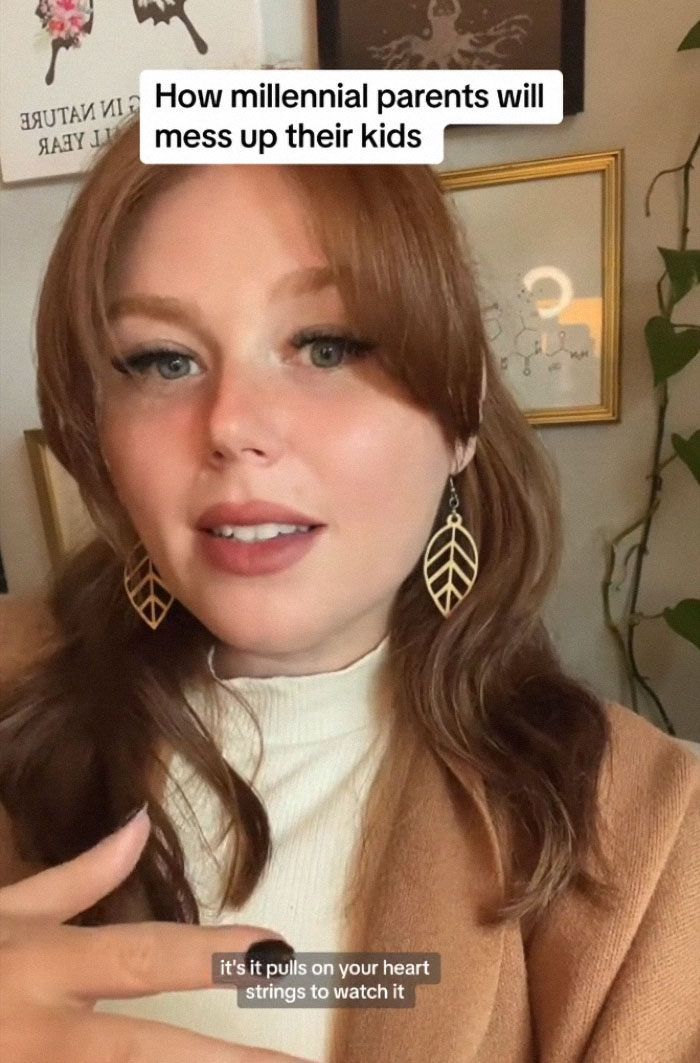

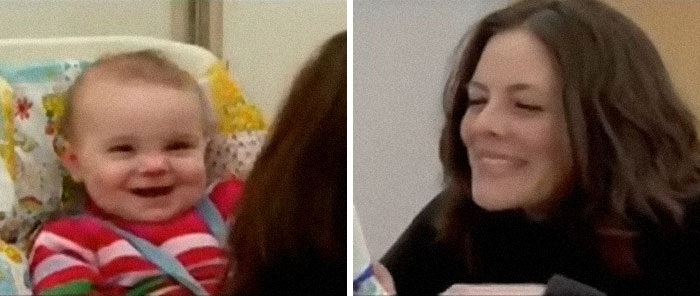

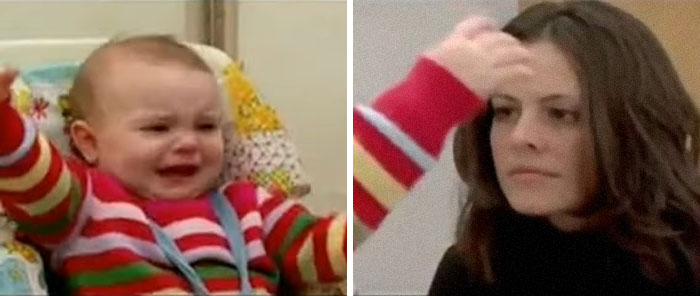

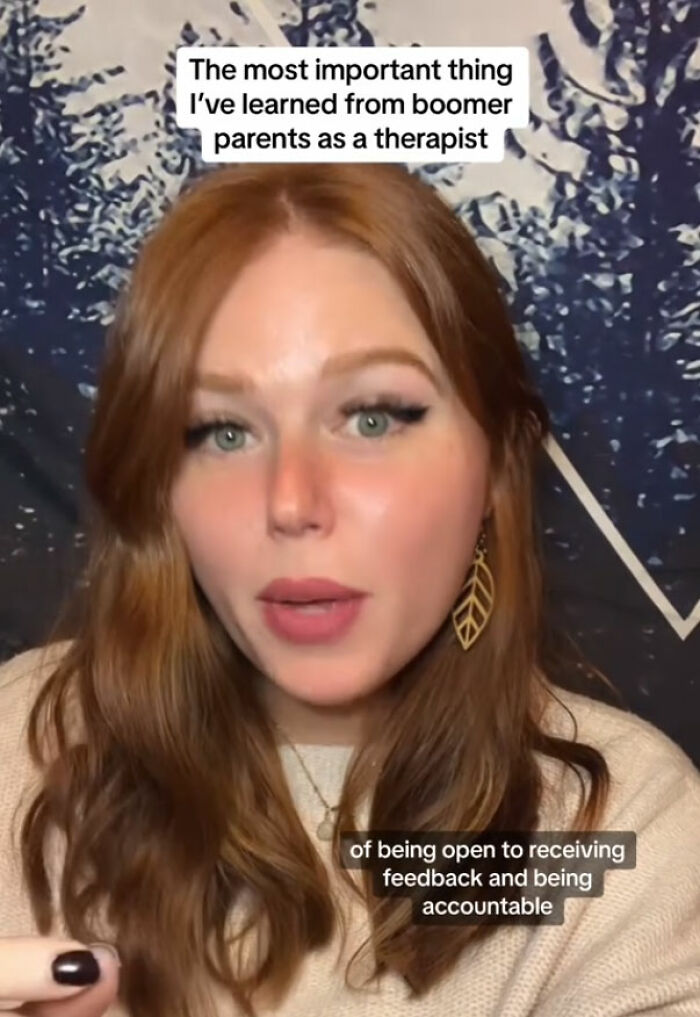

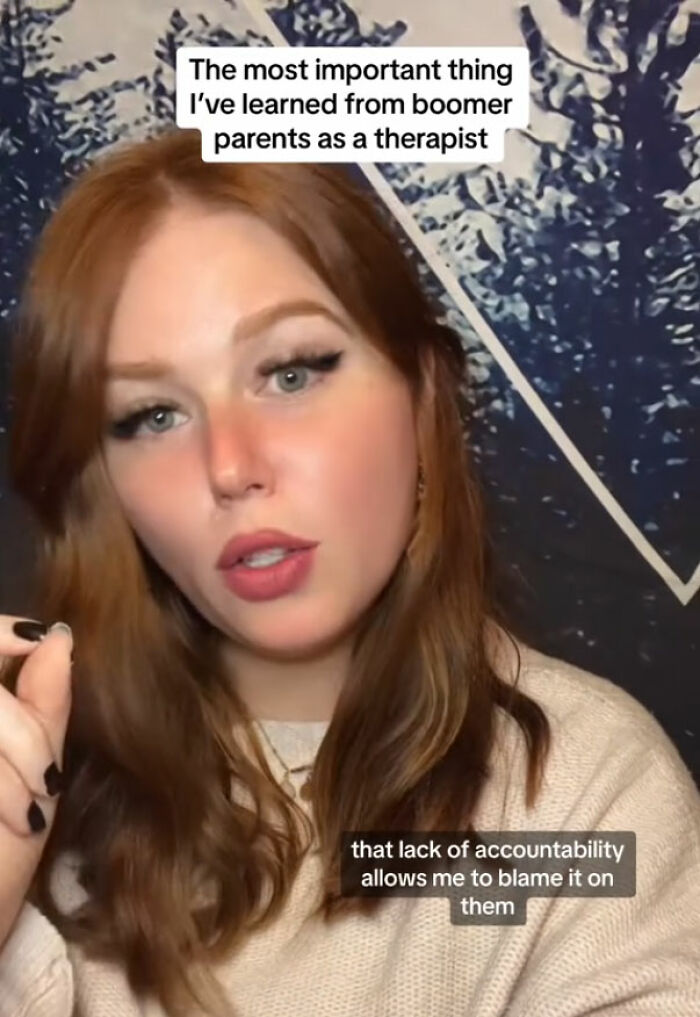

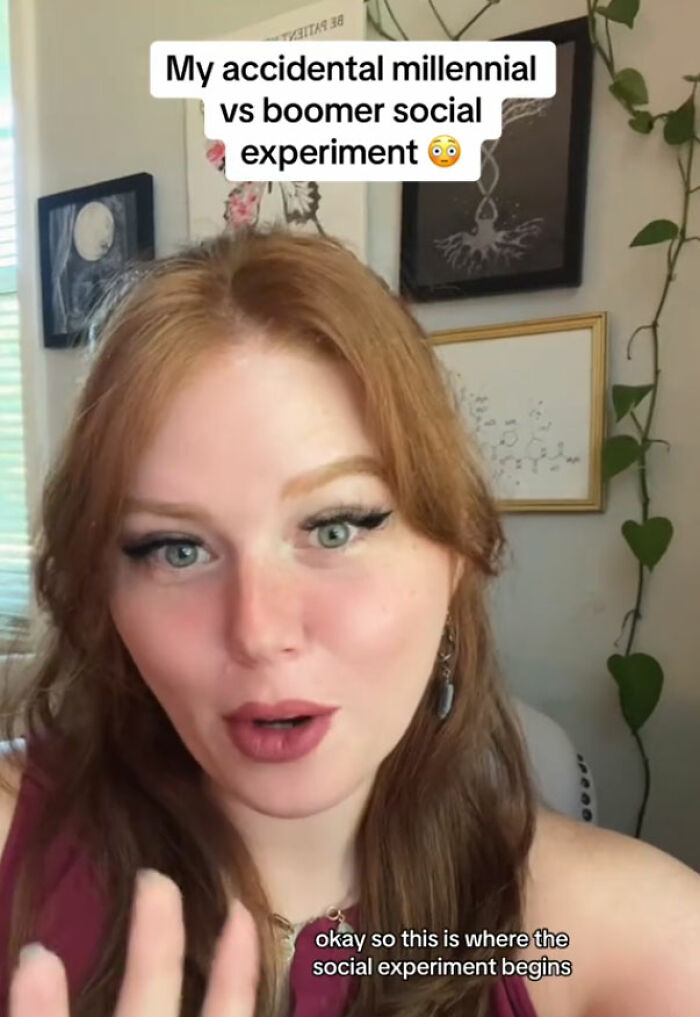
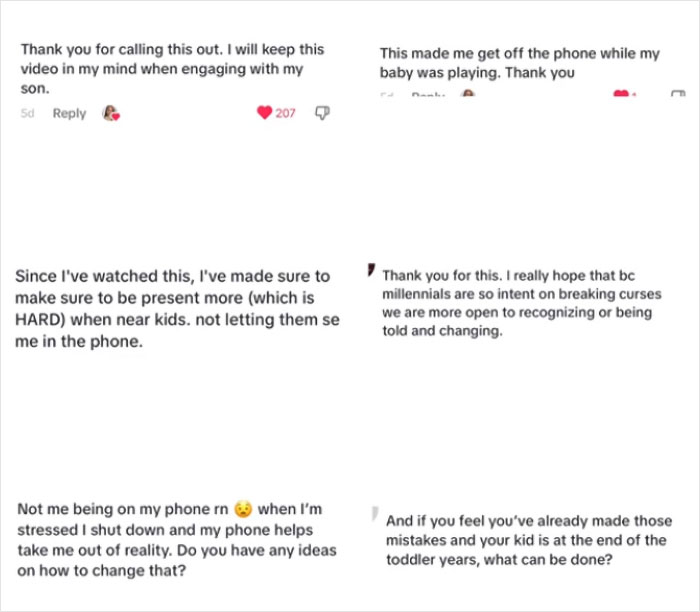

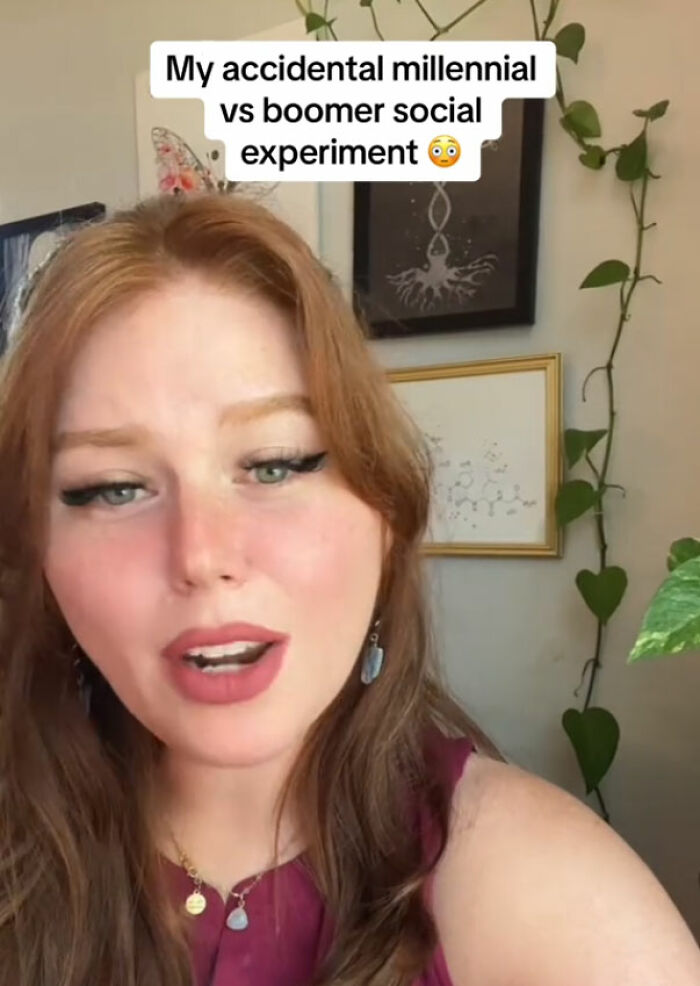
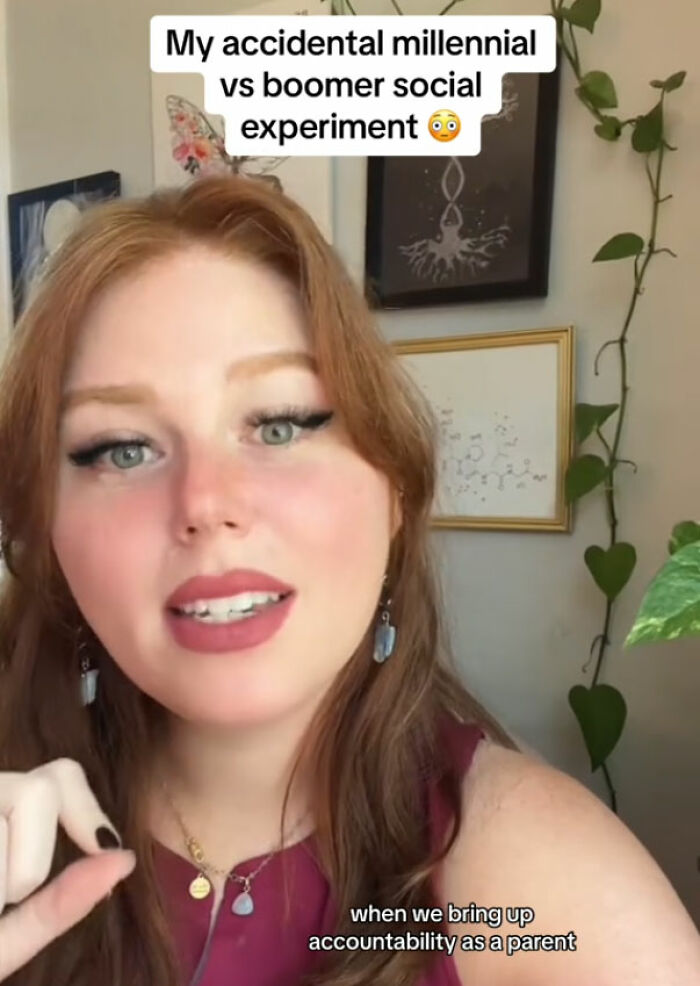
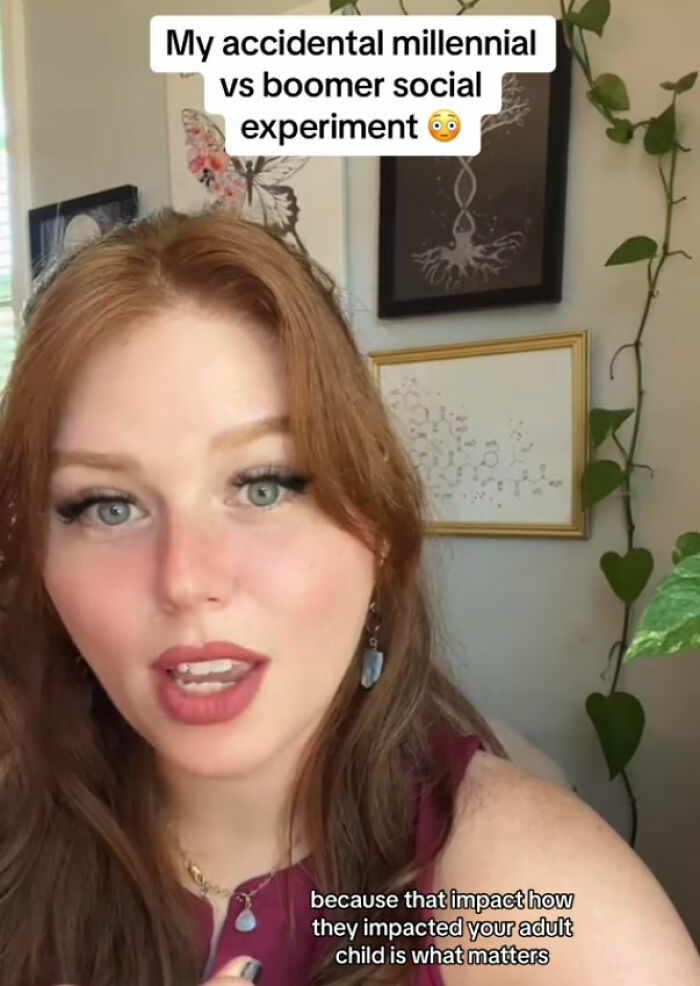
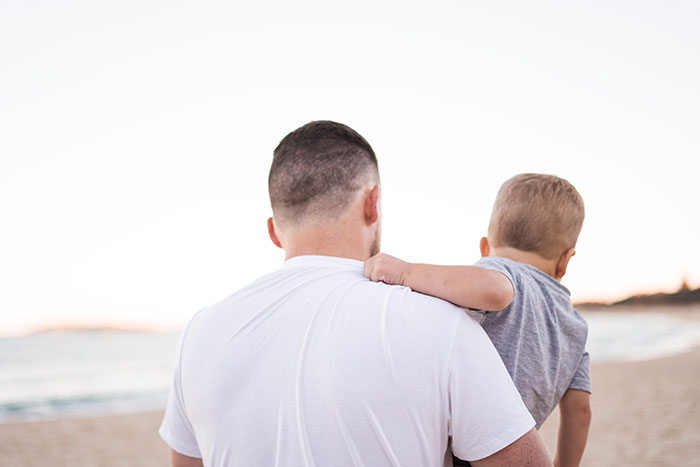
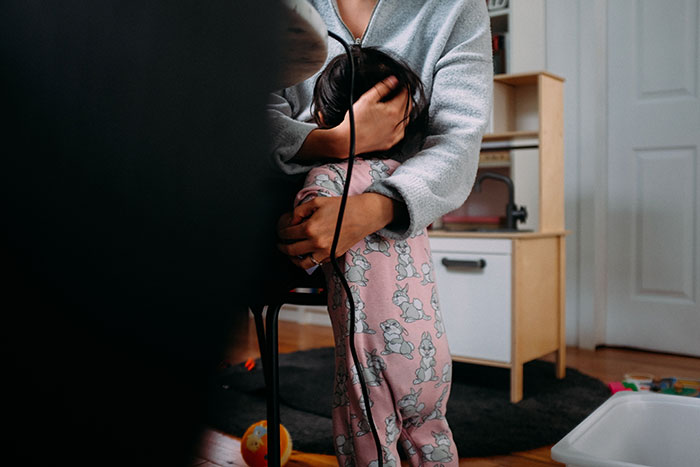
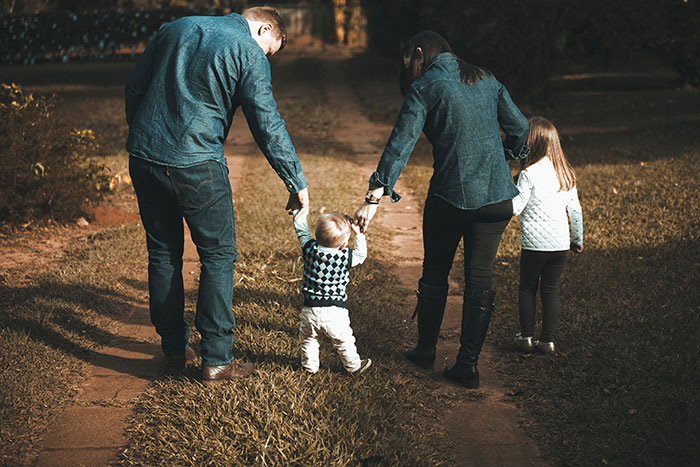
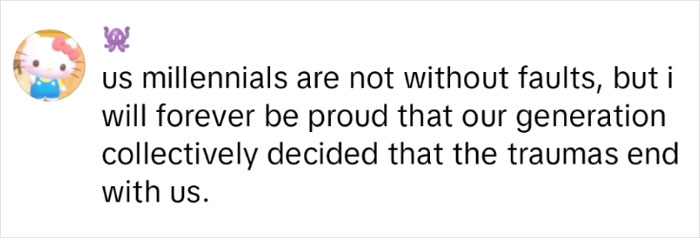




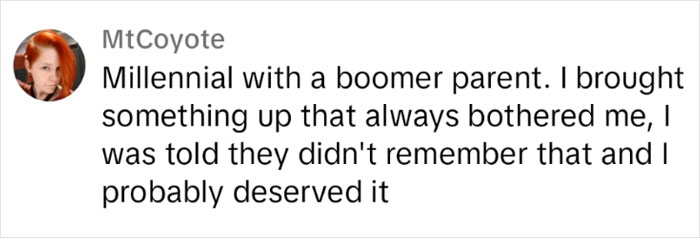

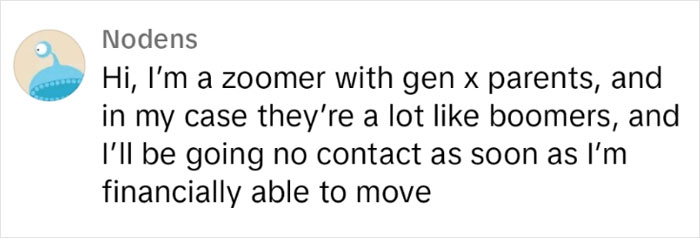
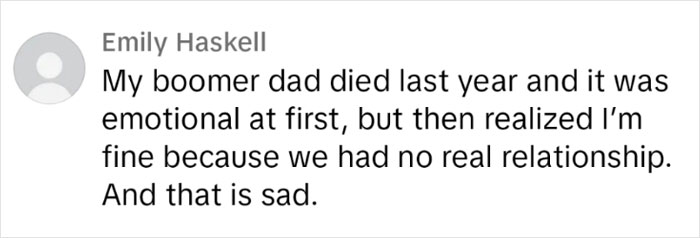


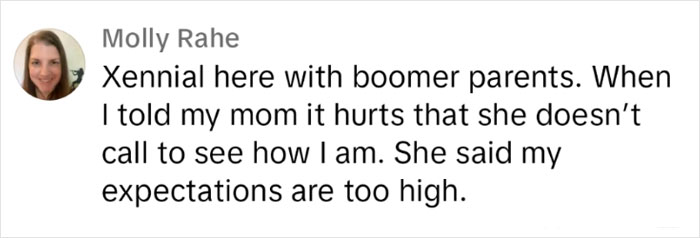


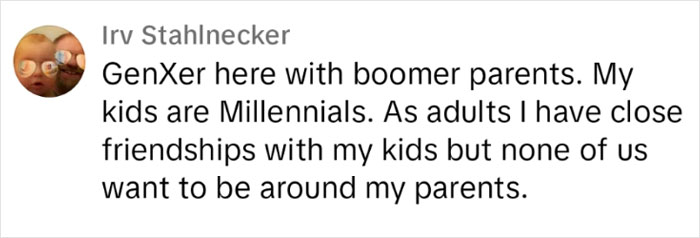

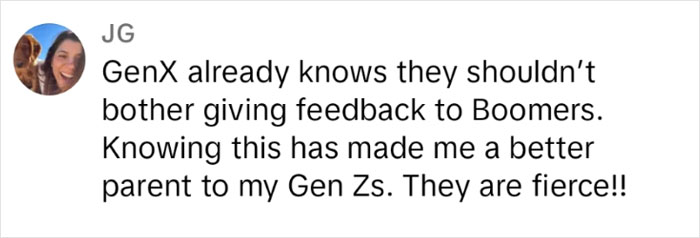




20
31